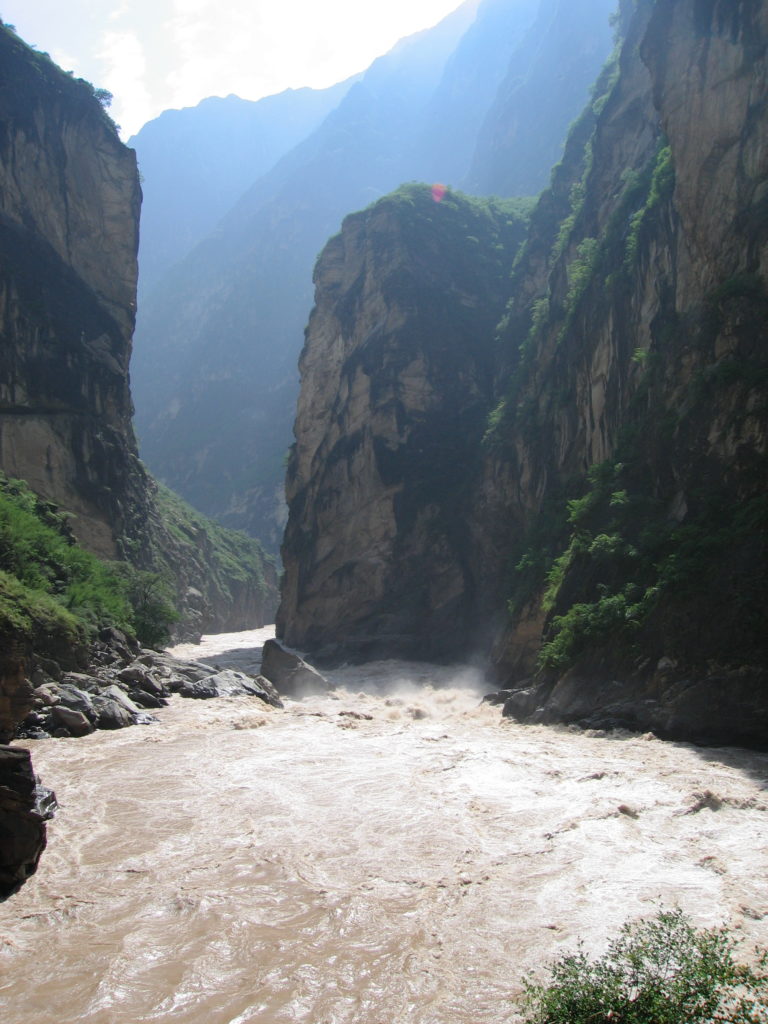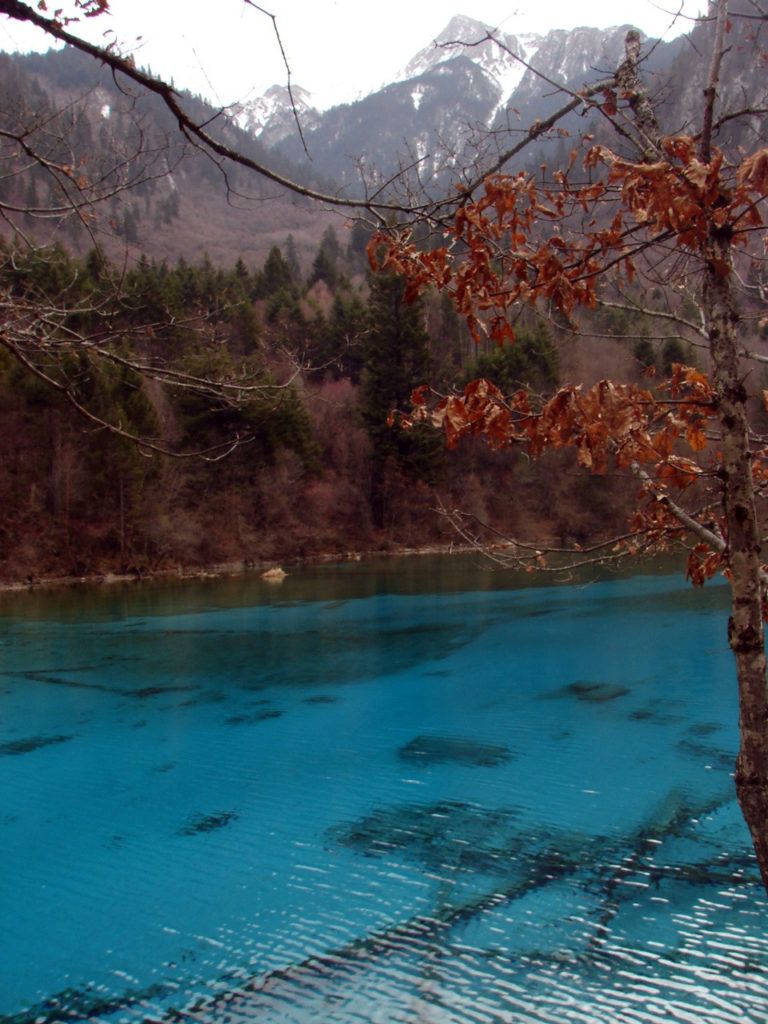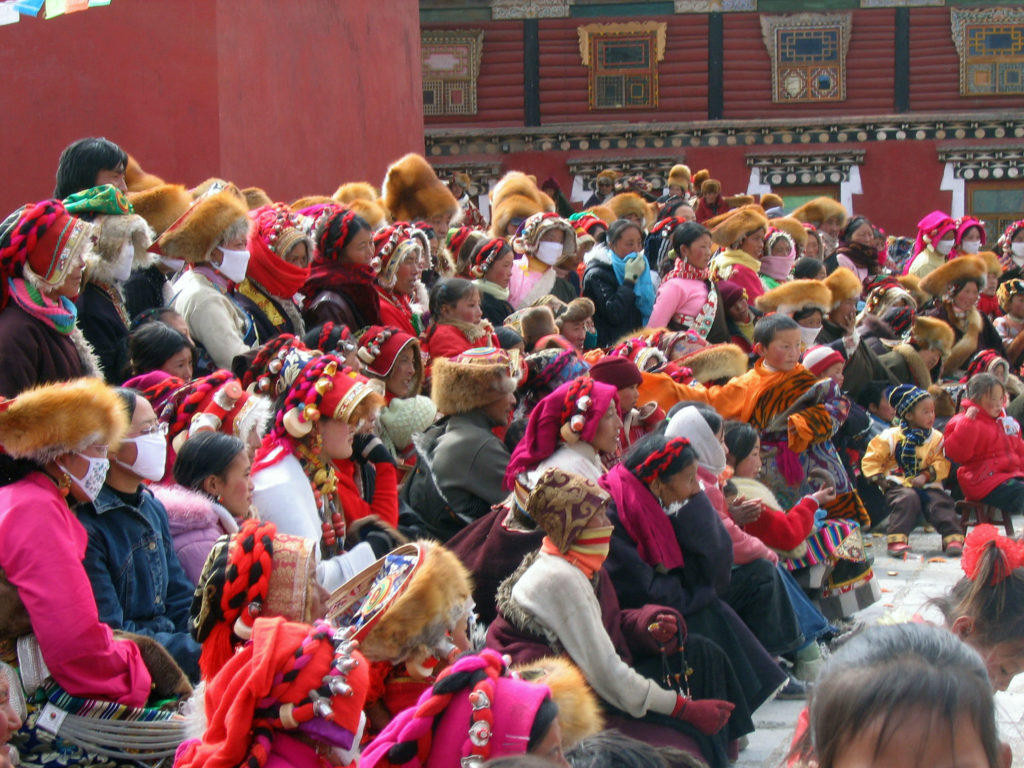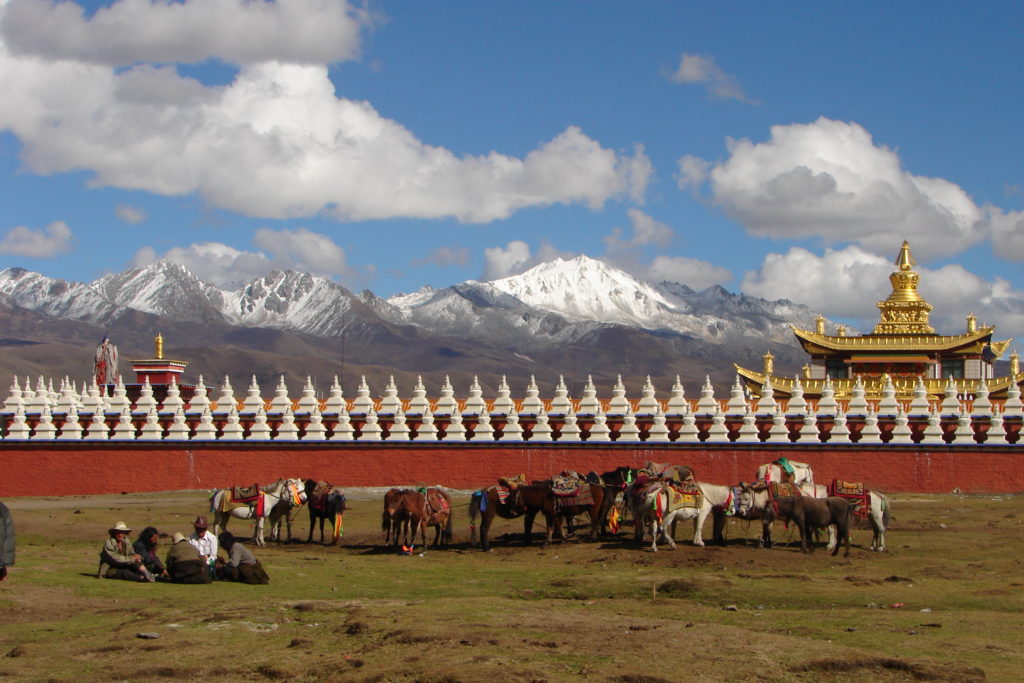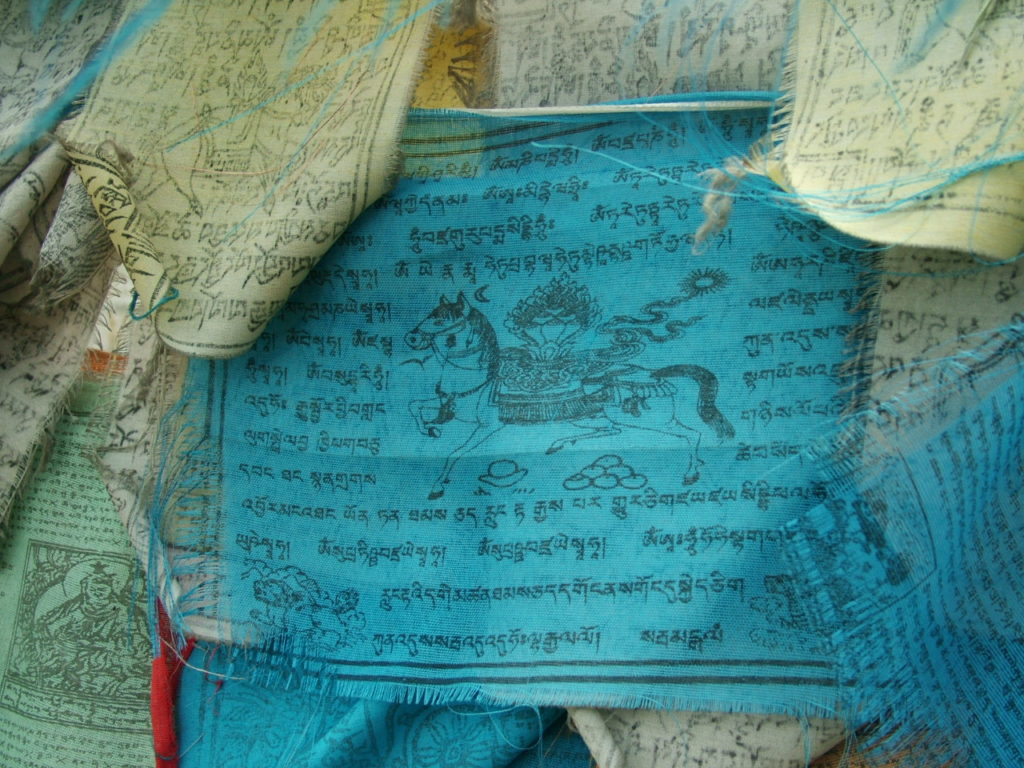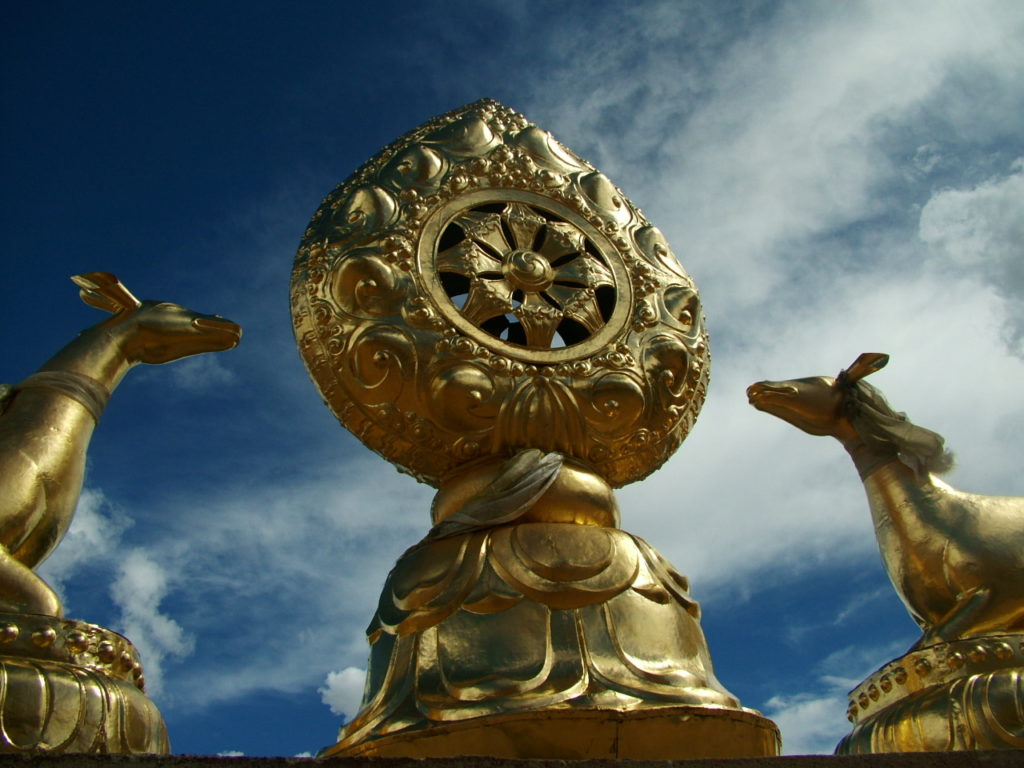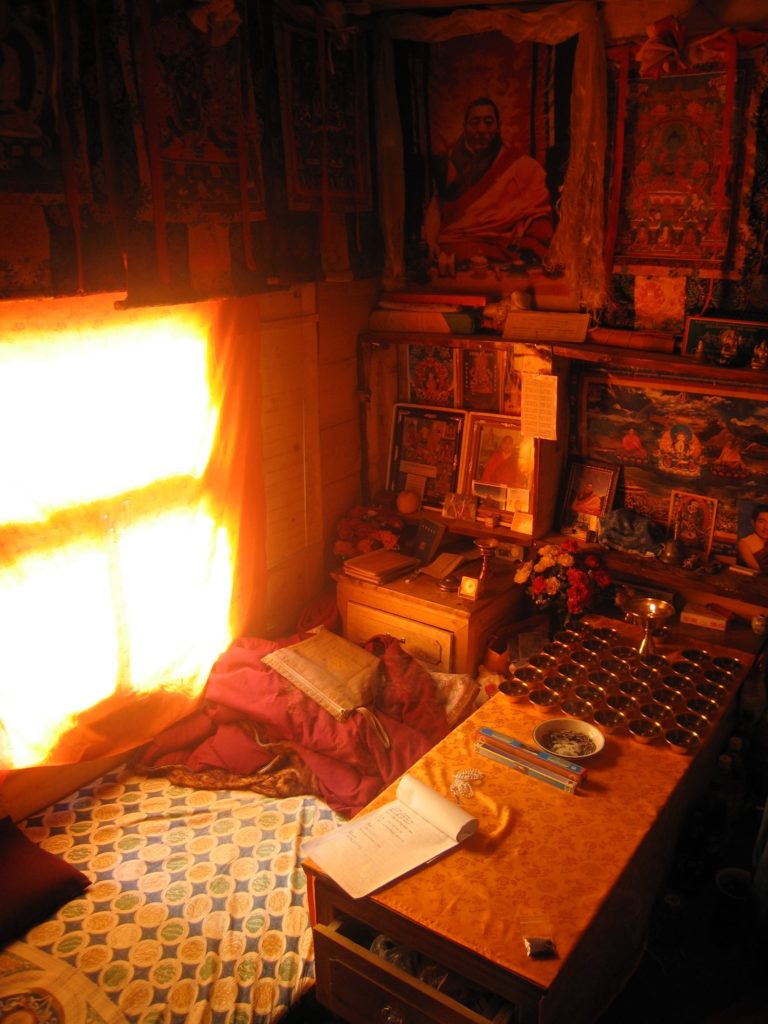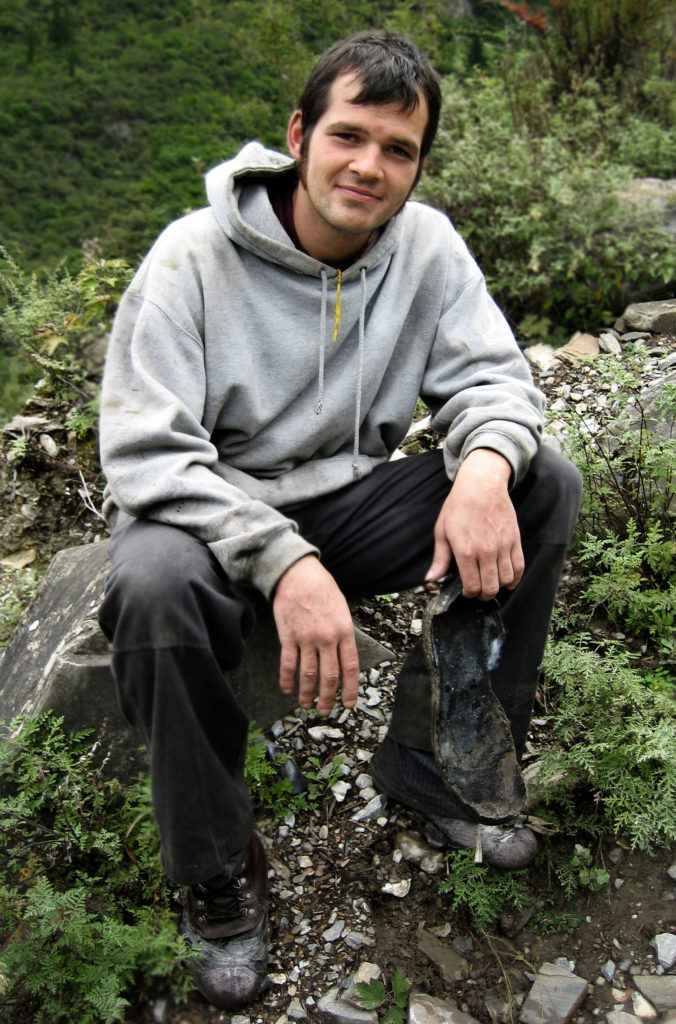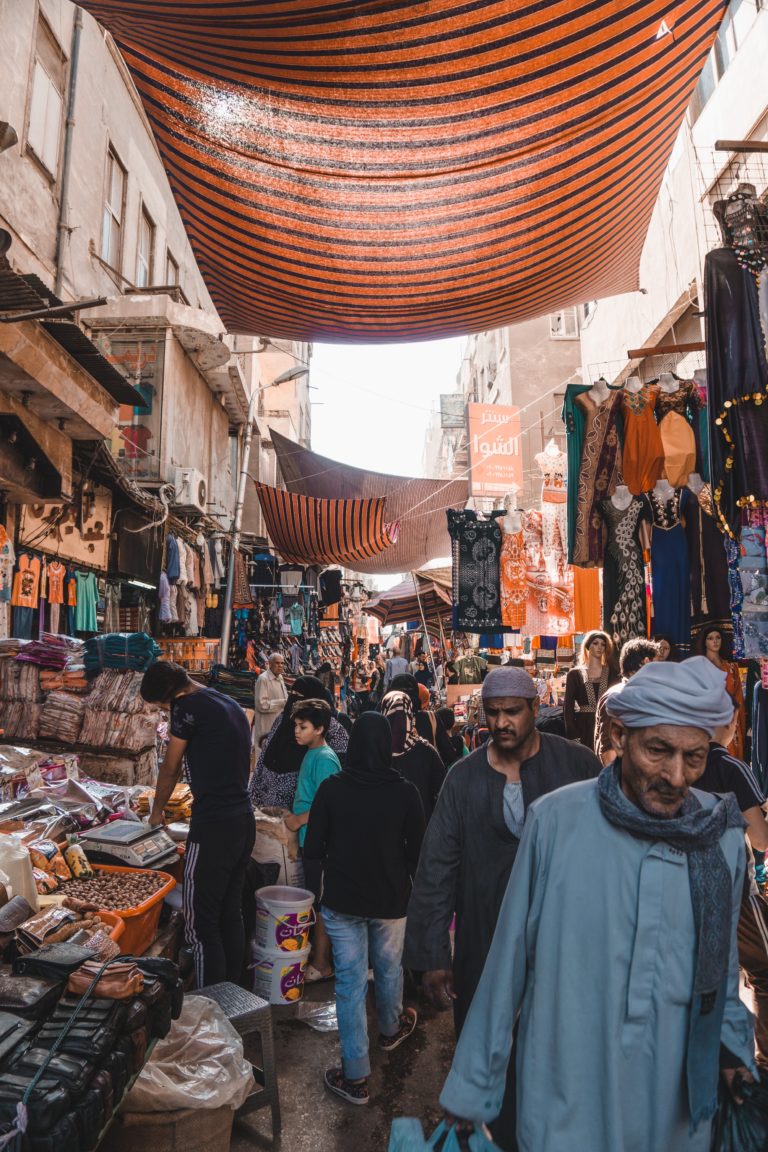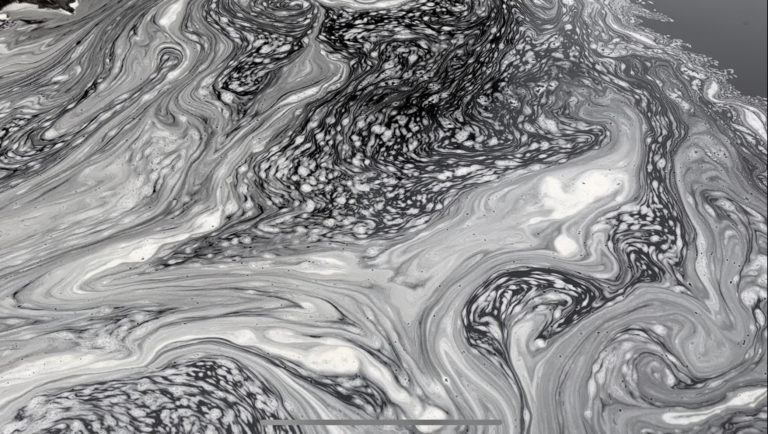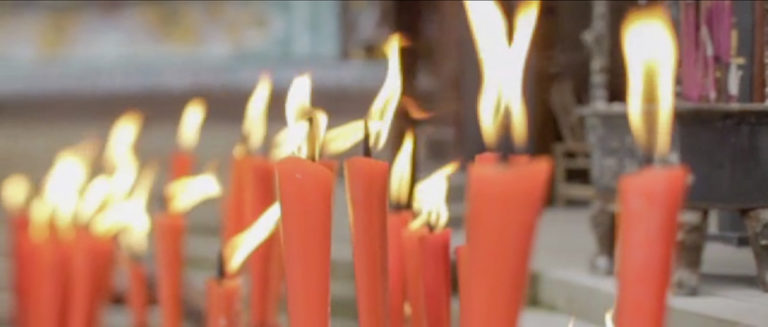“It’s not a road, it’s a region. The ancient Tea Horse trade route (also known as the Southern Silk Road) is a sprawling web of millennia-old paths connecting Southeast Asia to southwest China and Tibet. The network once ferried horses and silver from Tibet to China in exchange for tea, but people also traded salt for tea, ivory for gold, and religious instruction for food and shelter. It stretches over 1,000 miles from China’s Sichuan province through Yunnan’s mountains and the Tibetan plateau up to Lhasa, and is still bustling with old and newer kinds of commerce, although most of the original paths are gone—made obsolete or transformed into highways and railways by China’s appetite for tarmac.”
– “19 Things to Know Before You Go: The Tea Horse Road,” Roads & Kingdoms, June 8, 2016
This may be my favorite road of all the roads I’ve wandered …
I’ve been up and down it maybe a dozen times, from Chengdu, China down to Trat, Thailand; to the Burmese border, across Laos, and as far into Kham as I could go. What struck me then, as it still does now, is the sense of time specific to regions that have seen travelers for millennia: had I seen an Indian monk straight out of the 8th century hailing a cab in modern day Dali to head to the bus for a quick trip to Shaxi the salt town to visit his 5th century Taoist homie, I would not have been shocked. I was shocked not to see it; or perhaps: I was in a constant state of delirium as faces from different timelines melded together in the crowded lanes.
Imagine multiple dimensions shimmering – like a human being who’s every move is accompanied by a hundred ancestors moving with him. Ten generations of hawkers hawking across time and space, but alive on this one road, just perceptible, like a sound just out of ear’s reach.
I think I heard the term “Ancient Tea Horse Road” from Jeff Fuchs, who wrote a book, The Ancient Tea Horse Road: Travels With the Last of the Himalayan Muleteers, about his experiences. But I also seem to remember hearing the Chinese phrase, 茶马道, from someone before him.
Little side story: I once entertained dreams (still do actually) of opening a tea house and my father-in-law said a good name for it would be: 马帮茶驿, which translates literally to “Caravan Tea Station …”, but sounds so much cooler in Chinese. I always thought it was a dope name, and it reminds me of this road.
This story I wrote is a little dated, but a lot of the info is still relevant and if you have updates or comments, please do leave them below.
Click here for the full story, “19 Things to Know Before You Go: The Tea Horse Road.“



